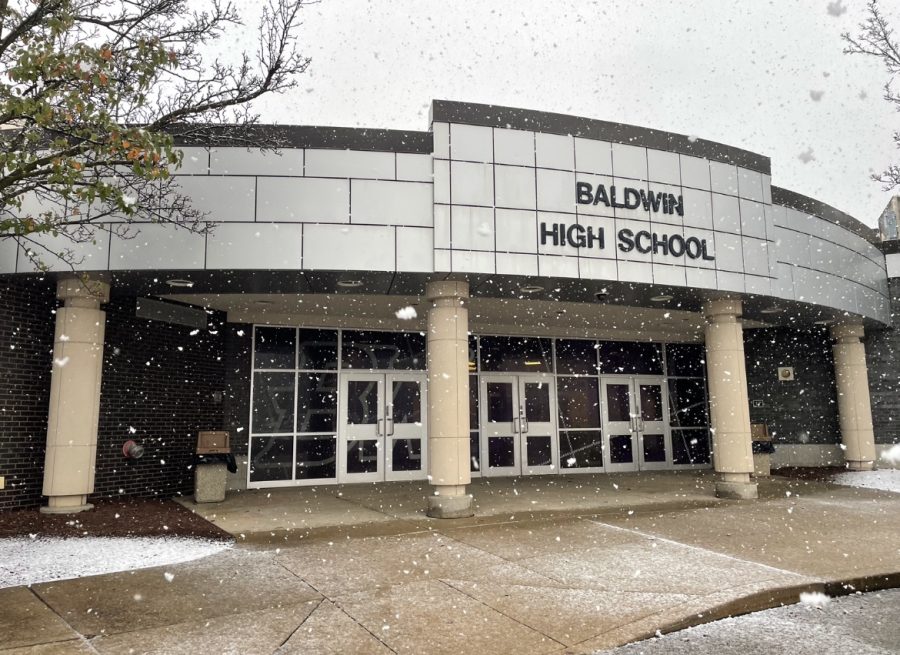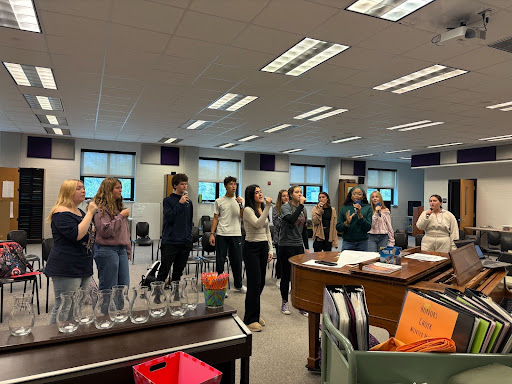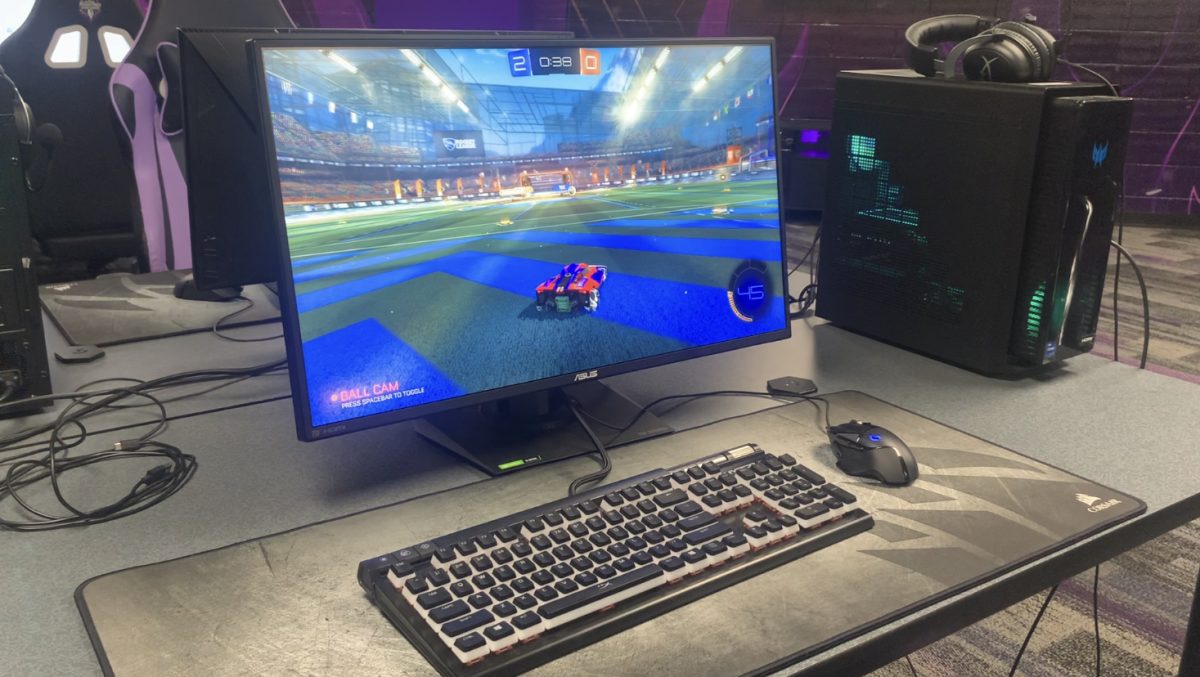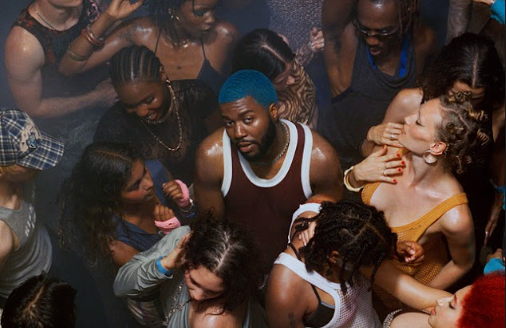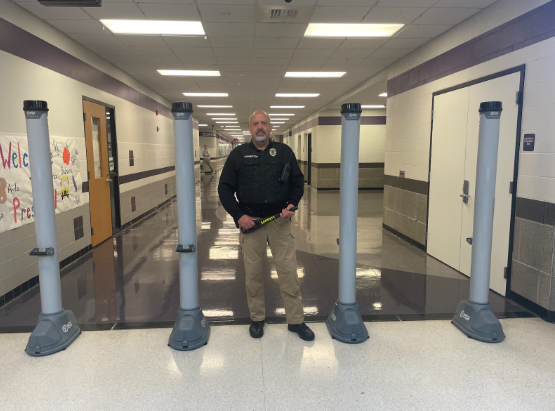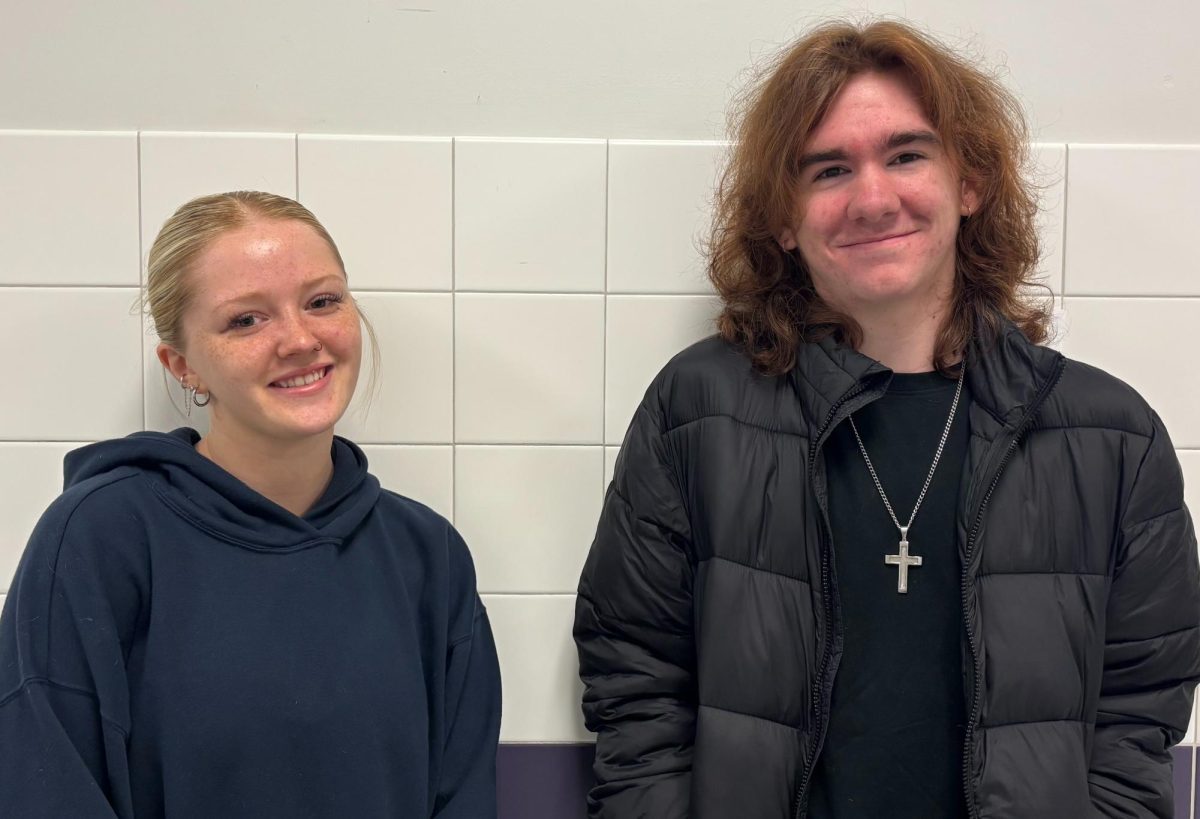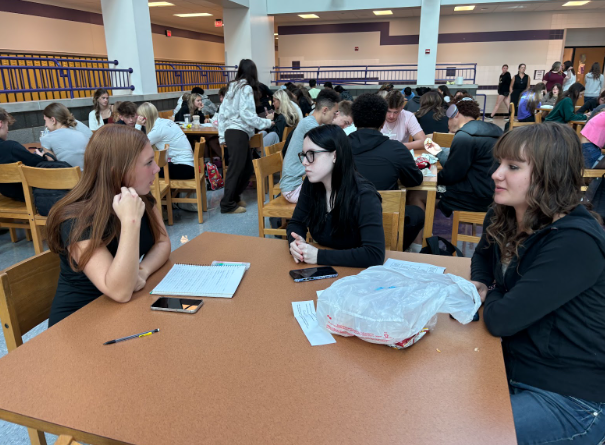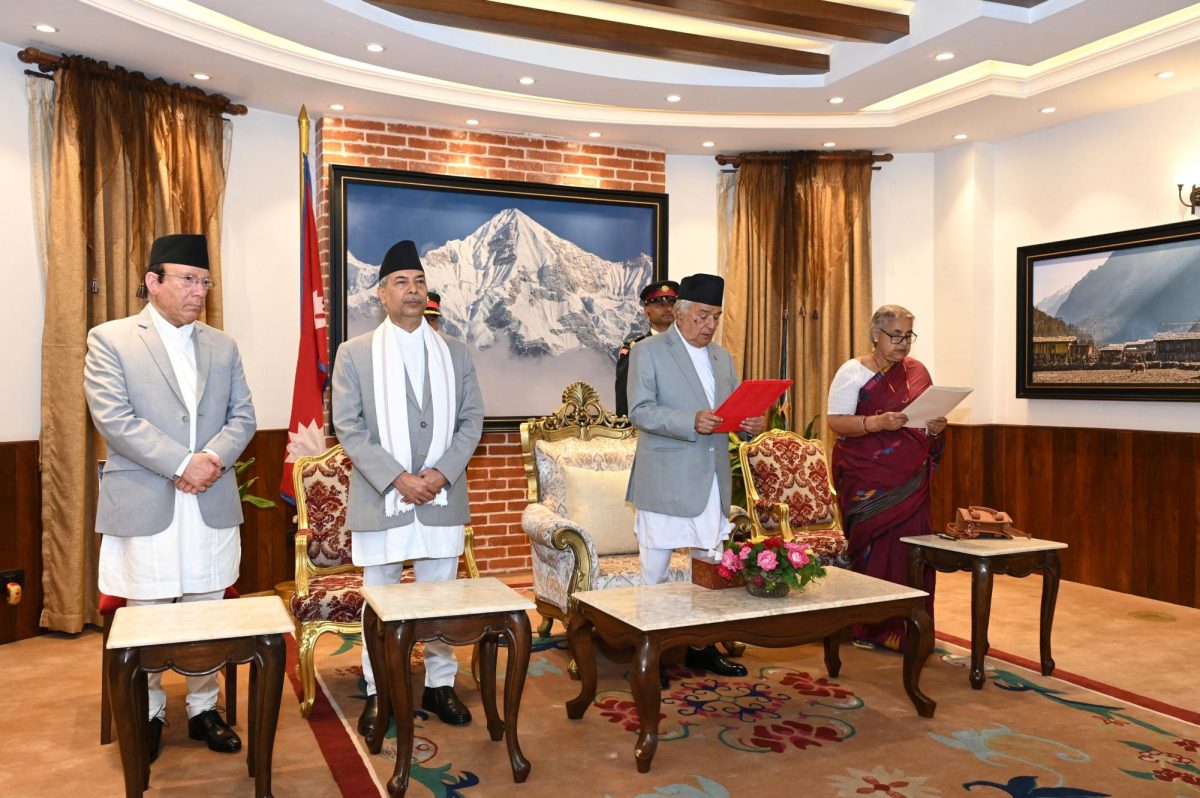Students soon will be selecting courses for the 2024-25 school year. This year, students will have a large number of new electives to choose from.
Categories:
Students to choose from many new electives
February 12, 2024
The open campus plan will offer flexibility for juniors and seniors.
0
More to Discover
About the Contributors
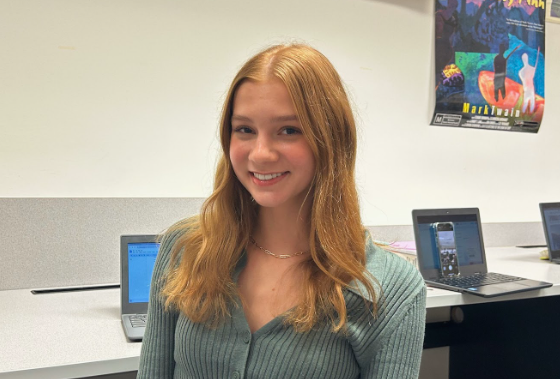
Alyssa Thayer, Multimedia Editor
Multimedia Editor Alyssa Thayer is a senior in her second year on the Purbalite. She can be found dancing, reading, or listening to Taylor Swift.
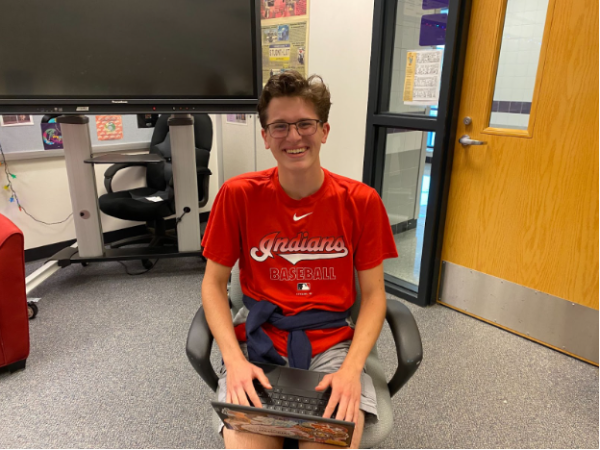
Kevin Hutchinson, Staff Writer
Senior Kevin Hutchinson is a third-year staff writer. He enjoys following politics, watching football, and spending time with his girlfriend.
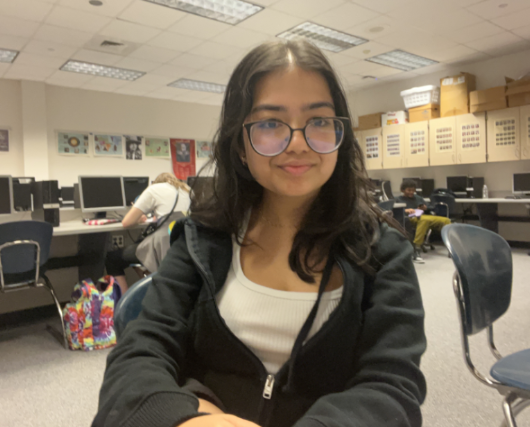
Asmita Pokharel, Entertainment Editor
Entertainment Editor Asmita Pokharel is a senior and a third-year member of the Purbalite. In her free time, she likes to spend time with her friends, go on walks, and watch soccer.
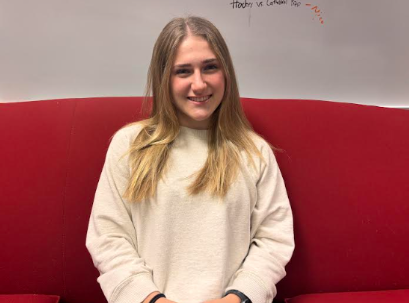
Alayna Scanlon, Multimedia Editor
Multimedia Editor Alayna Scanlon is a senior and third-year member of the Purbalite. When not listening to music, she can be found doing competition cheerleading, track, painting, hanging out with friends and family, and most importantly, shopping.
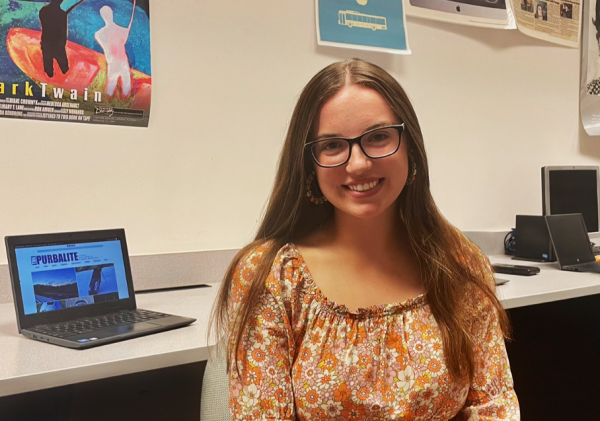
Evelyn Esek, News Editor
News Editor Evelyn Esek is a senior and a third-year member of the Purbalite. She is in the BHS color guard and loves knitting and crocheting, collecting vinyl records, and listening to music.

